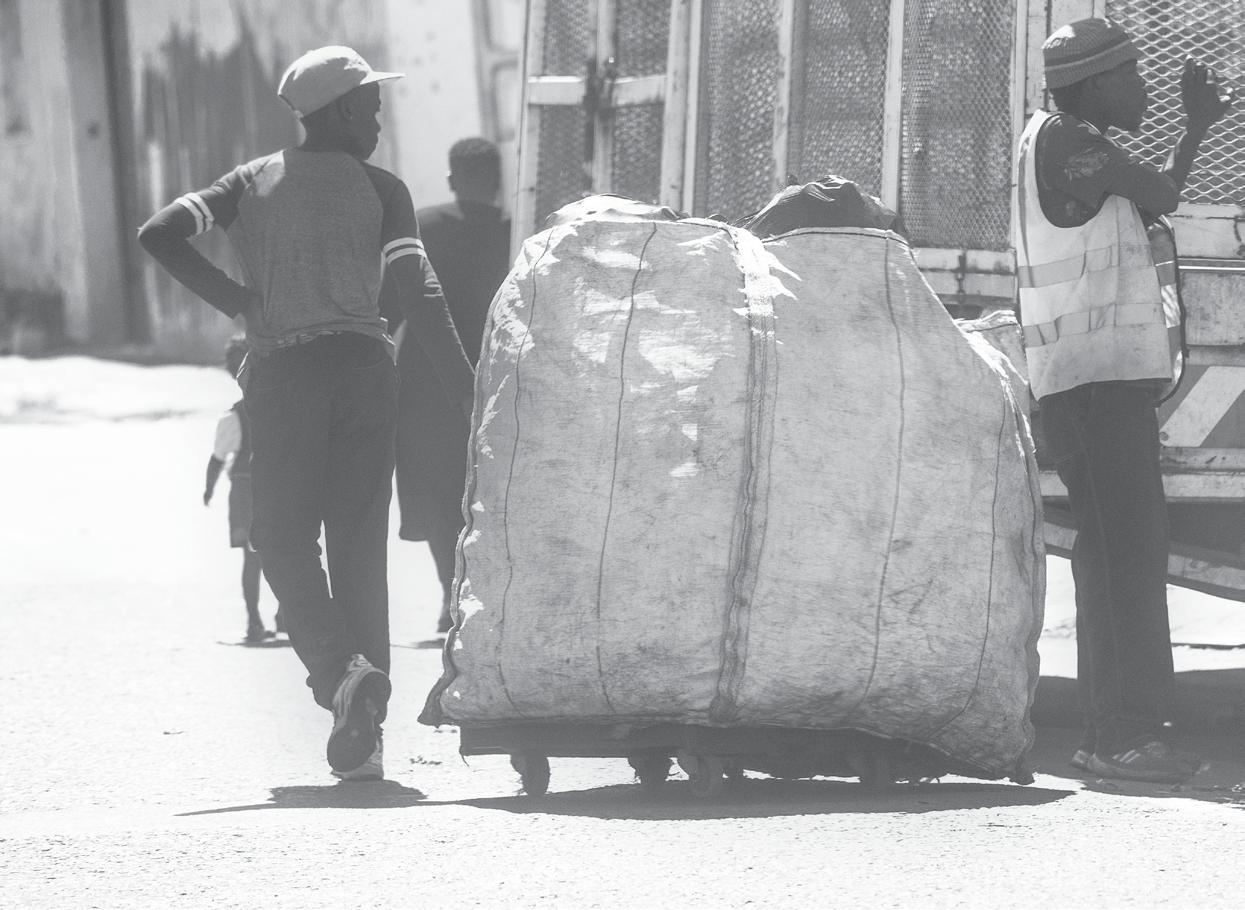NEWS ROUND-UP
SUSTAINABILITY NEWS FROM AROUND THE WORLD Plastic levy increase – who will it benefit?
Minister of Finance Tito Mboweni annouced during his 2020 Budget Speech in March that there will be an increase in the plastic bag levy from R0.12 to R0.25 at the beginning of April.
Moreover, the Budget Review revealed that National Treasury will also be consulting on extending the current levy on plastic bags to all single-use plastics used for retail consumption, including plastic straws, utensils and packaging in 2021. According to Anton Hanekom, executive director, Plastics|SA, Mboweni’s increase announcement conveyed the impression that the funds raised will be used to mitigate climate change. He asserts that if the expected R250 million generated from raised levies will be used to boost recycling and grow a circular economy, they would welcome and support the minister’s announcement. However, past experiences have proven otherwise. “Past experiences (such as the Buyisa e-Bag initiative) have shown that government views the plastic bag levy as an easy way to raise funds to pay for other projects that have nothing to do with the environment,” Hanekom said.
Study reveals food waste may be worse than previously estimated Experts have identified food waste as one of the top sustainability problems globally and the UN Environment Programme has a goal of eliminating half of all food waste by 2030. The UN Food and Agriculture Organization (FAO) has estimated that about a third of all food produced goes to waste. The FAO came to this conclusion by looking at how much food is lost during production and how much is lost in the kitchen. By looking at these sources of waste, the UN proposed that the average person tosses out roughly 214 calories’ worth of food per day. However, researchers from Wageningen University & Research found that consumers are wasting twice as much food as initially estimated. They also found a link between affluence and food waste; meaning, the more money a person makes, the more food they tend
8
M AY 2 0 2 0
|
ReSource
to waste. They discovered that people in poorer nations begin wasting more food as they earn more money. “Globally, if food waste could be represented as its own country, it would be the third largest greenhouse gas emitter, behind China and the US,” the agency said on its website. The new study focused solely on what happens to food when it reaches the consumer. Waste that’s created through the production process wasn’t analysed. The researchers found that it’s far worse than the FAO thought – they believe people are actually wasting 527 calories’ worth of food a day.
The Buyisa e-Bag initiative was established to administer the funds by promoting waste minimisation and awareness initiatives in the plastics industry, expanding collector networks, creating jobs, as well as kick-starting rural collection. However, according to Hanekom, the project quickly failed and less than half of the money raised went towards recycling projects. The rest was channelled into the National Revenue Fund and allocated to government departments. Hanekom asserts that the plastics and packaging industries continue to work at addressing the issue of plastic bags polluting the environment and, despite the lack of government funding, the South African plastics recycling industry continued to record year-onyear growth. The industry hopes that the money raised through the new plastic bag levy will be ringfenced for the recycling industry.



















